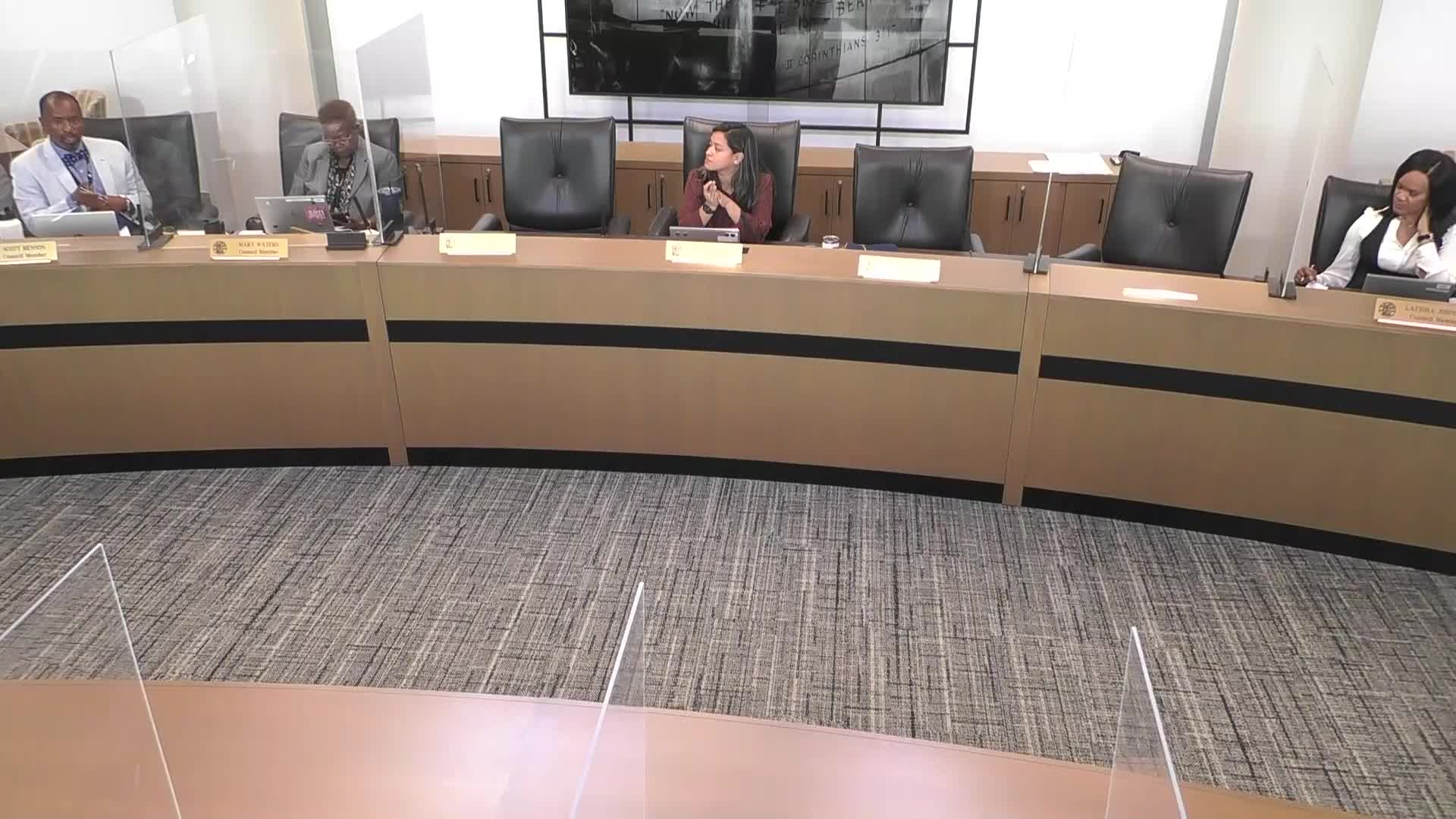Urban Heat Island Effect Sparks Community Health Concerns
July 01, 2024 | Detroit, Wayne County, Michigan

This article was created by AI summarizing key points discussed. AI makes mistakes, so for full details and context, please refer to the video of the full meeting. Please report any errors so we can fix them. Report an error »

During a recent government meeting, officials discussed the potential health impacts of urban development, particularly concerning the heat island effect and its implications for community health. A member raised concerns about the health of residents living near proposed development areas, emphasizing the need for thorough analysis before moving forward with Phase 1 of the project.
In response, the health department highlighted its ongoing community health assessment, which aims to gather feedback from 10,000 residents regarding their health concerns. So far, approximately 5,000 responses have been collected, and officials anticipate that the findings will inform future decisions.
Director Russ Rushin addressed the urban heat island effect, clarifying that while all urban development contributes to this phenomenon, solar installations do not exacerbate it more than other surfaces like roads or driveways. This statement aimed to alleviate concerns regarding the environmental impact of solar projects.
Further discussion included insights from solar developers, who noted that their projects often incorporate vegetation, which can help cool the area and enhance the efficiency of solar panels. They expressed a commitment to working with neighborhoods to ensure that developments contribute positively to local environments, including the potential for agrivoltaics—combining solar energy production with agricultural use.
The meeting underscored the importance of community engagement and environmental considerations in urban planning, with officials promising to revisit these discussions as more data becomes available.
In response, the health department highlighted its ongoing community health assessment, which aims to gather feedback from 10,000 residents regarding their health concerns. So far, approximately 5,000 responses have been collected, and officials anticipate that the findings will inform future decisions.
Director Russ Rushin addressed the urban heat island effect, clarifying that while all urban development contributes to this phenomenon, solar installations do not exacerbate it more than other surfaces like roads or driveways. This statement aimed to alleviate concerns regarding the environmental impact of solar projects.
Further discussion included insights from solar developers, who noted that their projects often incorporate vegetation, which can help cool the area and enhance the efficiency of solar panels. They expressed a commitment to working with neighborhoods to ensure that developments contribute positively to local environments, including the potential for agrivoltaics—combining solar energy production with agricultural use.
The meeting underscored the importance of community engagement and environmental considerations in urban planning, with officials promising to revisit these discussions as more data becomes available.
View full meeting
This article is based on a recent meeting—watch the full video and explore the complete transcript for deeper insights into the discussion.
View full meeting
